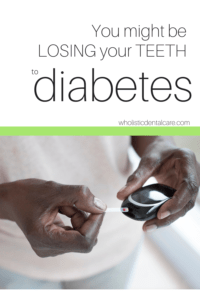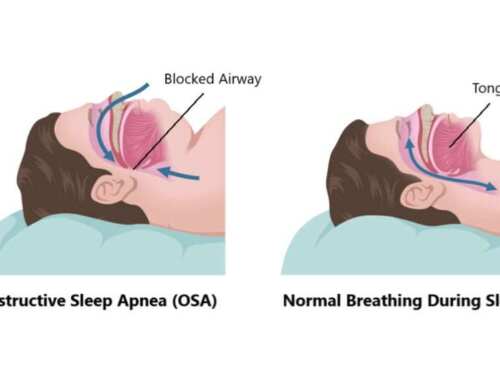
These figures should be alarming to everyone. Sooner or later, everyone would have a relative or a friend who’s inflicted with this disease. Diabetes can cause a range of health problems, from eye disease, foot problems resulting in nerve damage and eventual tissue death, cardiovascular disease, kidney problems, neuropathy, genital condition and skin conditions. Diabetes will affect every part of you! But notable, what is the least known condition that diabetes may hasten is the onset and severity of periodontal disease damage.
The Mechanism of Diabetes
Diabetes is a chronic metabolic disease that develops either because the body cannot produce insulin or it cannot utilize insulin properly. Insulin is a type of hormone that helps regulate your blood sugar levels. If diabetes is present and sugar levels are not controlled, this may eventually lead to nerve and blood vessel damage which may wreak havoc in the human system if not treated accordingly.
If a person does not actively maintain their sugar levels through medications, they would have what you call “uncontrolled diabetes.” Cardiovascular complications are deemed the most devastating consequence of diabetes. Kidney, eye and loss of limbs are the other common problems associated with diabetes.
Can Diabetes Cause Periodontal Problems?

So, how does diabetes contribute to you losing your teeth? Plaque buildup causes periodontal disease. It starts with the mild form called gingivitis, which then transforms into periodontitis after some time if the teeth aren’t cleaned and maintained properly by both the individual and the dentist. Diabetes is a risk factor for the development of periodontal disease (another risk factor is tobacco smoking). You are more susceptible to periodontal disease if you have this pre-existing systemic condition. Diabetes patients would have less tendency for proper healing, and this is especially true if medications are not taken. In present research, the mechanisms that link these two health problems are not entirely understood yet, but many speculate that inflammation and immune function are the ones involved. Over time, your bone, tissue, and periodontal support would start to “shrink away” from your teeth. This type of periodontal tissue damage is irreversible. Eventually, you lose the tooth.
There are actual cases from dentists of young diabetes patients losing their teeth to periodontal problems at an early age. This only contributes to the observation that diabetes hastens and employs a more aggressive form of periodontitis when diabetes is not controlled and glucose levels are not on the usual level they should be for function.
Periodontal Disease Can Worsen Diabetes?

To sum all of this information up, periodontal disease may worsen diabetes- or increase the likelihood of it occurring in a few years’ time. Some researchers decided to try out the simple act of non-surgical periodontal therapy, or simple professional cleaning for people with diabetes and periodontitis. This resulted to a “significant clinical impact” due to decreased blood glucose levels. Considering that booking a dental appointment in order to get regular professional cleaning seems easy enough, diabetics and possible future diabetics should seriously consider vouching and initiating the proper steps to ensure that they maintain their oral health.
The Main Takeaway
Oral health is often neglected by sectors, where the main focus is for other “main” health concerns. But health professionals and laymen should be aware of the importance of oral health, as well as the eventual outcomes of diabetes and how one must prevent periodontal disease from occurring. As more and more people get diagnosed with diabetes, awareness of this interrelation grows more and more in importance.
On the functional and esthetic point of view, who would want to lose their teeth at an early age? Eating is definitely much more satisfying with most of your teeth intact. How else are diabetic patients supposed to enjoy their apples, broccoli and asparagus??
Don’t forget to:
- Take your diabetes medications on time, regularly. No buts!
- Take in a strict diabetic-friendly diet. Green and no sugar is is.
- For the love of all things good, please don’t forget to brush two to three times a day.
- Regularly visit your dentist for professional teeth cleaning. The dentist will also be able to assess your gum condition and impose treatment immediately if he or she sees something amiss in your oral cavity. Prevention is better than cure, as they say.







Leave A Comment
You must be logged in to post a comment.